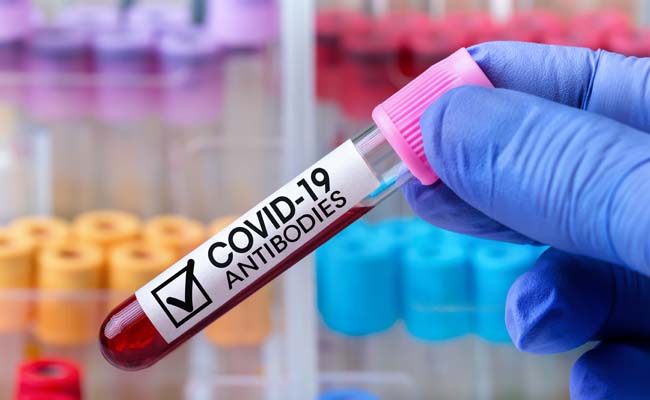WHO issues an interim guidance on COVID-19 immunization in refugees and migrants
13 September 2021 10:21:45 AM

Although everyone is affected by the COVID-19 pandemic, the impact is not shared equally. Refugees and migrants are more likely to experience a higher burden of COVID-19 infection and be disproportionately represented in cases, hospitalizations and deaths (1).
Drawing on a recent WHO global review of National Deployment and Vaccination Plans (NDVPs) and experience from their implementation and the vaccine rollout worldwide plus literature reviews and existing WHO guidance and tools, on 31 August 2021 WHO published the Interim Guidance ‘COVID-19 immunization in refugees and migrants: principles and key considerations’. The document provides information on key challenges and barriers to accessing vaccination services, such as stigma, exclusion and mistrust, resulting in low vaccine uptake and hesitancy; lack of financial means and information; fears regarding cost, safety and deportation or detention.
From February to March 2021, WHO conducted a review of 104 NDVPs submitted to the COVAX Facility. The results indicate that 72% of these NDVPs did not explicitly include migrants and 53% of these NDVPs that have more than 500 refugees, explicitly included refugees and asylum seekers. Only 17% of 104 NDVPs explicitly included migrants in irregular situations.
Significant positive development has been observed after the NDVPs review. Refugees and asylum seekers have begun to receive vaccinations in 101 of the 162 countries that the United Nations High Commissioner for Refugees has been monitoring. However, coverage for migrants are far from universal, several countries reported the inclusion of regular migrants in their NDVPs and the vaccine roll out but migrants in irregular situations in many countries were not.
The interim guidance presents good practices and highlights principles and key considerations derived from rights and policy and practices to ensure that refugees and migrants have equitable access to COVID-19 vaccination rollout and that barriers preventing them from accessing services are properly addressed. Principles and considerations include ensuring universal and equal access to the COVID-19 vaccine for refugees and migrants regardless of migration status, with access the same as for nationals; addressing barriers that prevent refugees and migrants from accessing COVID-19 vaccination services and international travel; promoting vaccine uptake and addressing vaccine hesitancy; engaging communities in COVID-19 vaccination planning and implementation and enhancing effective communication to build trust and counter misinformation; developing innovative approaches and vaccination strategies for refugees and migrants living in hard-to-reach areas.
The document, which was developed by the WHO Health and Migration Programme in collaboration with the Departments of Immunization, Vaccines and Biologicals and Health Emergency Interventions and partners, targets national authorities, governmental and nongovernmental organizations, health cluster teams, WHO country offices and United Nations country teams that are responsible for managing and supporting deployment, implementation and monitoring of COVID-19 vaccines in refugees and migrants; and partners who provide support.
(1) Reducing COVID-19 transmission and strengthening vaccine uptake in migrants in the EU